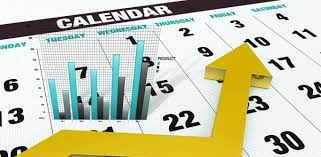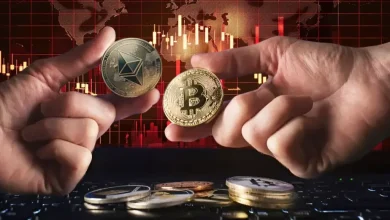
Traders Must Consider Using The Economic Calendar For FX Trading
Entering the world of FX trading is a vast financial market, where staying ahead requires chart analysis and technical skills. The economic calendar (ปฏิทิน ข่าว เศรษฐกิจ) is a powerful tool that provides traders with important insights into upcoming events impacting global currencies. The tool is the trader’s guide in engaging in the world of forex trading.
Economic calendar matters in FX trading
The foreign exchange markets are directly influenced by two factors, namely:
- global events
- economic announcements
A few indicators that move the market sharply are:
- interest rate decisions
- employment reports
- inflation data
- GDP growth figures
Traders will risk entering or holding a position at the wrong time, without knowing when these events are scheduled. The economic calendar will stand as the roadmap in your FX trading journey. You will have an outline when high-impact announcements are due, to plan your strategies accordingly.
Following the economic calendar helps traders prepare confidently for events like:
- market shifts
- anticipate volatility
- make smarter trading decisions
Anticipating market volatility
Volatility is an opportunity and a risk in FX trading. The currency pairs swing wildly in minutes when events are announced about interest rate decisions. Traders who are unaware of these scheduled events may get caught off guard.
A trader can anticipate these volatile moments and decide whether to step aside or prepare to trade by tracking the economic calendar. The proactive approach separates successful traders from those who rely solely on guesswork.
Aligning technical and fundamental analysis
Many traders depend heavily on several factors to predict market direction, such as:
- technical analysis
- studying charts
- indicators
The approach is effective by also considering the fundamentals. Economic events act as catalysts that confirm or disrupt chart patterns.
For example:
A currency pair may be showing signs of a breakout on a technical chart. If a high-impact economic release is scheduled around the same time, the breakout could be accelerated or completely reversed depending on the news outcome.
The economic calendar ensures traders remain aware of these potential turning points.
Risk management and better planning
FX trading is effective risk management for long-term success. The economic calendar helps traders reduce unnecessary risks provided with clear information on when the market becomes unpredictable. There are practical steps to include, such as:
- Avoiding over-leveraging during high-impact announcements.
- Adjusting stop-loss levels to protect against sudden moves.
- Planning entry and exit points with the knowledge of upcoming news.
Traders can protect their capital and avoid emotional decision-making triggered by unexpected volatility with proper planning.
Enhancing trading discipline
Discipline is vital for consistent profitability. The economic calendar prepares the traders in advance. Instead of reacting impulsively, preparation is the best way to go. The traders cultivate a routine of research and planning leading to more structured trading habits by checking the calendar daily.
Professional traders treat the economic calendar as a core part of their daily preparation, similar to:
- reviewing charts
- managing open trades
The mindset shifts can greatly improve a trader’s performance.
Conclusion
The forex market thrives on information that traders must know. Every successful trader understands the value of preparation in the economic calendar. Ignoring the economic calendar is like driving without knowing the road conditions ahead. The traders gain information on the unnecessary risks and missed opportunities.
Traders gain foresight into moving events in the market and improve risk management by using the economic calendar. The tool is usable for daily trading routines. Traders can gain advancement in navigating the FX market.
Traders who want to succeed in forex must not only watch the charts but also keep an eye on the calendar. It keeps them updated on what is happening in the FX market.




